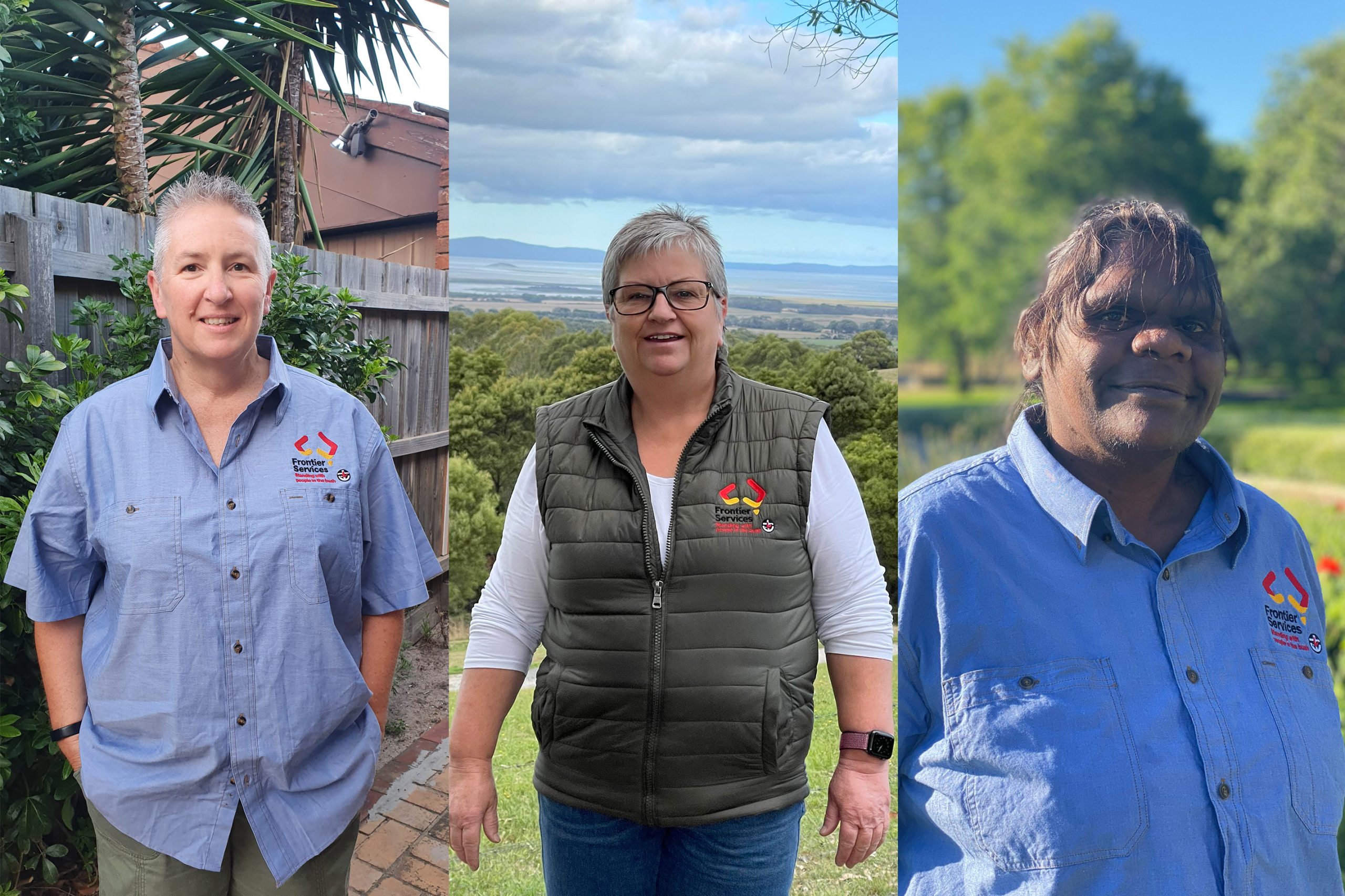
The world often seems somewhat bleak and dismal, especially this year with grey skies and floods, a cruel and destructive war in Ukraine, lingering covid in the community and the cost of living going up and up. But I’m reminded of the Monty Python song that includes the line … if life seems jolly rotten, there’s something you’ve forgotten and that’s the time to laugh and dance and sing.
Advent is the time of year leading up to Christmas where we are invited to pause and listen again to the promises of God to bring light in the midst of darkness, to bring hope and joy and love and peace. It’s much easier of course to focus on the issues and problems that are right in front of us, but Advent encourages to lift up our gaze and to hear afresh the plans that God has for the world.
For the Jewish people, always living under the threat of more powerful neighbours (a bit like Ukraine), it was fairly natural to look back to the golden age of their history under King David. He was the one who defeated all their neighbours, who established Jerusalem as his capital and who united all the tribes. So when things looked bleak, Israel hoped for God to raise up another King David, another Anointed One (literally another Messiah). This hope took several forms. Sometimes, as in the Isaiah 11 reading, the messianic figure is warlike and will strike his enemies with the rod of his mouth. In other readings, as in the one from Micah, the Messiah is a gentler figure who will shepherd the people and bring peace.
When we look at the world, what do we hope for? We might, for instance, hope for peace and equality and justice. But how will these outcomes come about? Which leader or leaders will bring them to reality? The message of Advent is that God has already shown us the way through the life and teaching and death of the one born as a vulnerable baby in Bethlehem.


